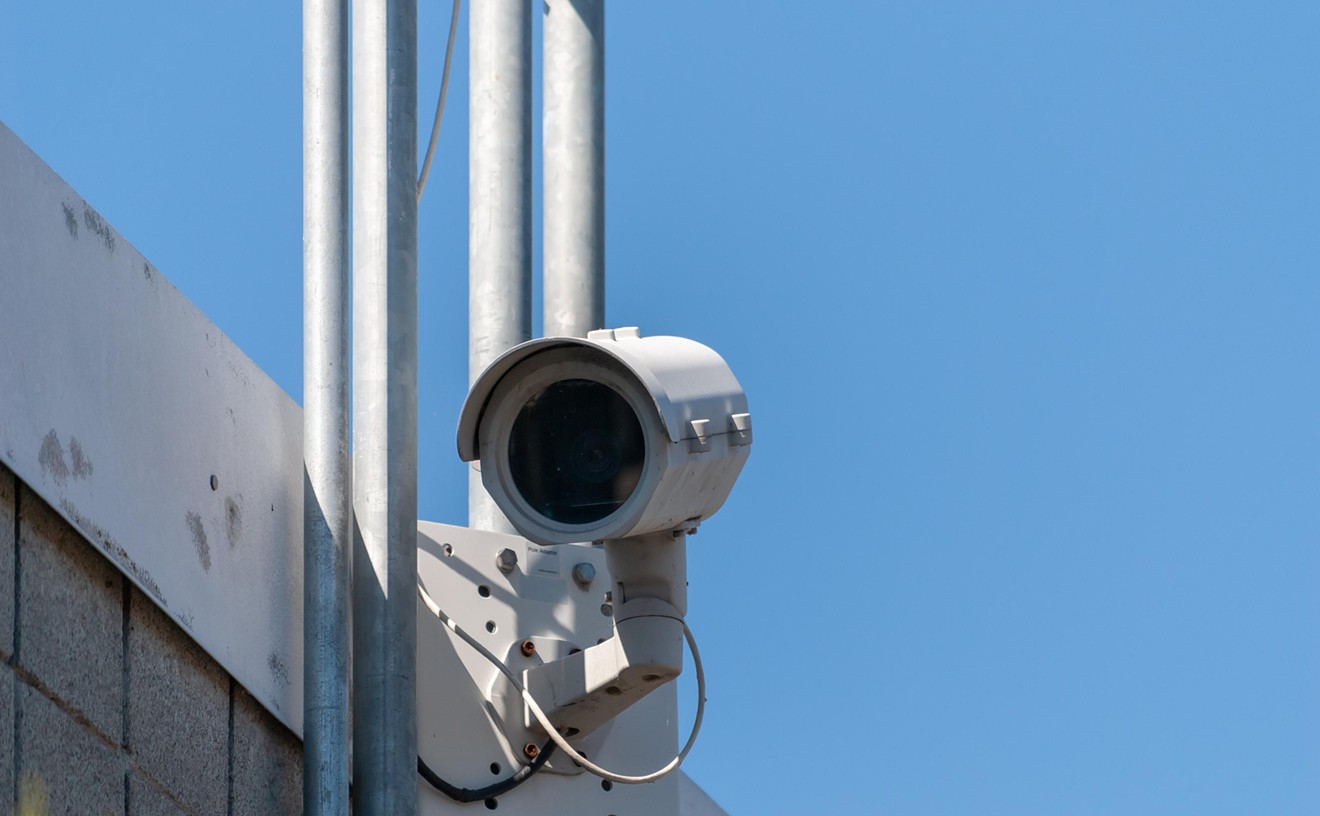Last month, Texas' prison population was right at 154,000, the lowest its been in five years. Lower crime rates, an aging population, and alternative treatments have all contributed to the decline.
But as the Star-Telegram noted yesterday, the drop hasn't been enough to spare Texas the dubious distinction of locking up the most prisoners in the country. It now has 18,000 more people locked up than California, the perennial leader in the field.
Actually, says David Fahi, who directs the ACLU's National Prison Project, Texas has the second largest prison system in the country behind the federal government, which has some 218,000 people behind bars. As far as states go, however, Texas is the clear leader.
"For the last several years, Texas and California have been quite close in having the largest state prison population," Fathi said.
What has tipped the balance toward Texas is a 2009 court order requiring California to reduce its population from 200 percent of capacity to 137.5 percent of capacity. The court found, and the U.S. Supreme Court affirmed, that to do otherwise would violate prisoners' constitutional rights. California has largely complied, shedding nearly 1,000 prisoners per week, largely by housing low-level offenders in local jails.
Texas has made some progress, but not as much as California and not as much as states like New York, New Jersey, and Michigan. Partly its about money. Keeping a prisoner costs a state a lot of money that could go toward schools, highways and other more productive uses. More than that, Fathi sees the start of a shift away from "reflexive, unthinking reliance on mass incarceration."
"What underlies all of these success stories is a political decision to reserve incarceration for those who really need it rather than those we happen to be mad at."
None of this has had any measurable impact on public safety, which leads Fathi to hope that states will continue to focus on ways to trim their prison systems. There are relatively painless ways to do this, like giving more opportunities to shave time off their sentences through good behavior, education or labor or by taking a hard look at inmates older than 50 who are, by definition, lower risk and more expensive to support.
That will help, but it doesn't get to the heart of the reason that Texas, or the United States as a whole, incarcerates such a large percentage of its population. To do that requires a fundamental rethink of sentencing law, Fathi said.
"You can nibble around the edges a little bit, but until we take this on head-on and really look at why we have such brutally long sentences in this country, it's going to be hard to make significant progress."










